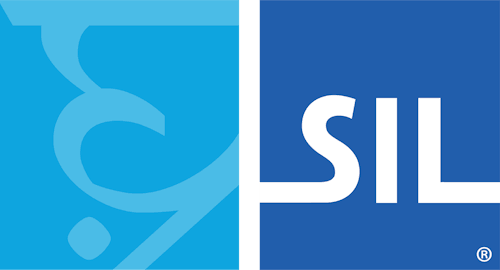DLL Exports
The DLL is called from Keyman with LoadLibrary(). All functions are then found with GetProcAddress(). You must ensure
that the function exports do not have ordinals encoded in the names. The best way to accomplish this in C/C++ is to use a .def file.
DLL group function exports
The function declaration for the DLL group function is:
BOOL WINAPI KeyEvent(HWND hwndFocus, WORD KeyStroke, WCHAR KeyChar, DWORD ShiftFlags);
Note that KeyEvent() is a placeholder for any name that you wish to use. You can have multiple exports for Keyman use in a single
DLL.
hwndFocus |
The currently focused window. You will probably never have a need to use this. | ||||||||||||||||||||||||||||||||||||
KeyStroke |
The virtual key code for the current key. | ||||||||||||||||||||||||||||||||||||
KeyChar |
The character code for the current key (based on US English layout). This will be 0 if KeyStroke does not generate a
character (e.g. function keys). |
||||||||||||||||||||||||||||||||||||
ShiftFlags |
The shift state for the current key. The following shift states are possible:
|
Optional DLL Exports
Keyman recognises a number of other exports, if they are defined in the DLL. None of these are required. These functions will be called when a keyboard that references the DLL is manipulated. They will not be called for keyboards that do not reference the DLL.
The following exports are available:
KeymanIMInit
BOOL WINAPI KeymanIMInit(PSTR keyboardname);
KeymanIMInit() is called once when the keyboard identified by keyboardname is loaded
for a given process. It is called for each process in which the keyboard is loaded.
KeymanIMDestroy
BOOL WINAPI KeymanIMDestroy(PSTR keyboardname);
This is called once when the keyboard identified by keyboardname is unloaded in a given process. It is
called when the process exits normally, or when Keyman refreshes its keyboard list after keyboards are added or removed. If the
keyboard is subsequently reloaded, KeymanIMInit() will be called again.
KeymanIMActivate
BOOL WINAPI KeymanIMActivate(PSTR keyboardname);
This function is called whenever the user or a program activates the keyboard. It is never called before KeymanIMInit() (unless
KeymanIMInit() is not exported). This is an appropriate place to switch on permanently-visible IMC windows. KeymanIMActivate() can also be
called when switching processes and the target process has a related keyboard already active.
KeymanIMDeactivate
BOOL WINAPI KeymanIMDeactivate(PSTR keyboardname);
This function is called when the user or a program switches off a related keyboard. It is always called before KeymanIMActivate() for
the next keyboard. It will also be called when the user activates another process, to give the DLL a chance to hide top-most IMC windows.
KeymanIMConfigure
BOOL WINAPI KeymanIMConfigure(PSTR keyboardname, HWND hwndParent);
KeymanIMConfigure() is called when the user clicks the Configure button in Keyman Configuration to configure the
DLL-specific functionality for the keyboard. The appropriate behaviour is to display a dialog box, and save the settings in the registry.
This function is separate from all the other functions. It can be called when there are no keyboards loaded, or even if Keyman itself is not loaded. You should not attempt to call Keyman32.dll from this function.




